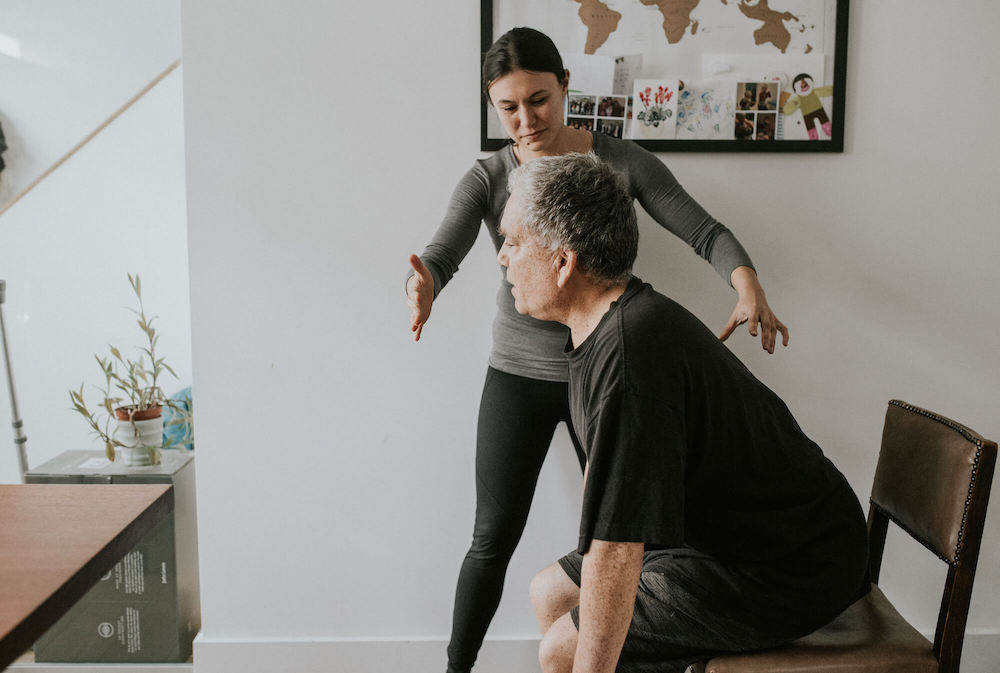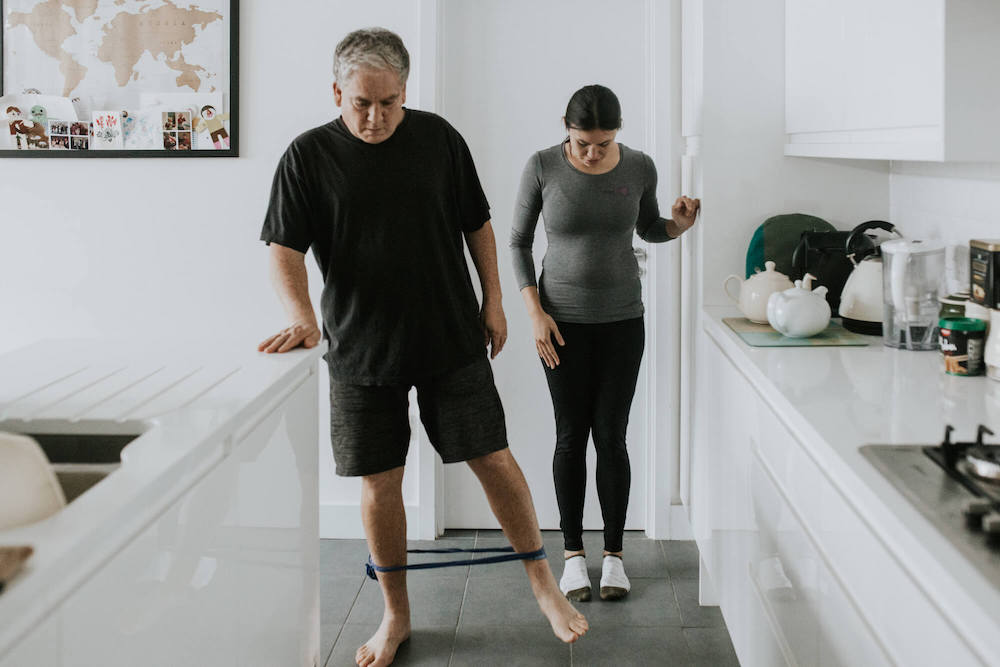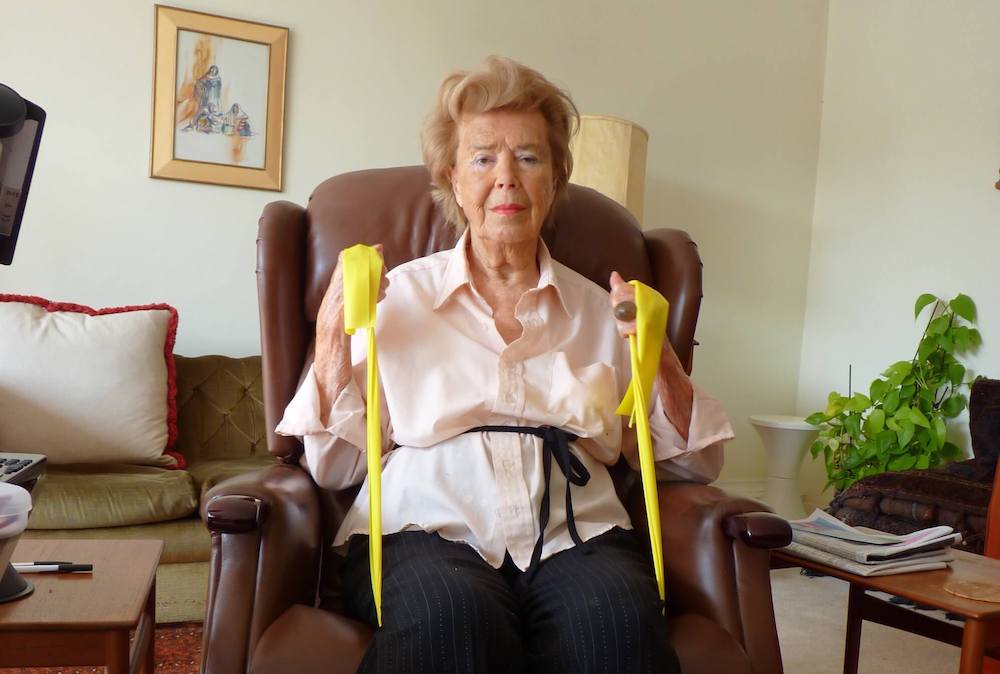As we get older, it’s important to keep ourselves mobile and strong to maintain our independence and vitality.
The two main causes of older patients becoming physically weaker and losing their balance are sarcopenia and adiposity.
Sacropenia is the progressive and generalised loss of skeletal muscle mass and strength. Basically you muscles waste away through lack of use. Adiposity is being severely overweight or obese.
Both of these conditions affect our ability to activate our muscles to perform every-day activities, such as getting out of bed, standing up from a chair, or reaching into the bottom cupboard. The more these become a challenge, the more we avoid doing them and rely on assistance from others or equipment. This result is that our bodies get weaker and weaker and we become fearful of ‘challenging’ tasks. Often this is what robs us of our independence.
According to the latest research, resistance training has shown the greatest benefit in older people for maintaining muscle strength and independence. Resistance training is ‘a form of exercise that improves muscular strength and endurance when you move your limbs against resistance provided by your body weight, gravity, bands, weighted bars or dumbbells.’ What are the benefits of resistance training?
It’s never too late to start resistance training! Even if you’re already finding some daily activities challenging, these types of exercise can improve your strength and balance. There are exercises that can suit all abilities.
Here are a few different examples:




If you’re wondering what exercises you could start with, or what you need to work on, why not book an appointment with us on 020 3422 6655. We’ll assess you and provide you with an appropriate training programme.
Seguin, R and Nelson, M (2003). The benefits of strength training for older adults. American journal of preventive medicine. 25(3). 141-149
https://www.verywellfit.com/what-is-resistance-training-3496094
Santilli, V. et al. (2014). Clinical definition of sarcopenia. Chin cases miner bone metab. 11(3). 177-180
https://www.medicinenet.com/script/main/art.asp?articlekey=196295